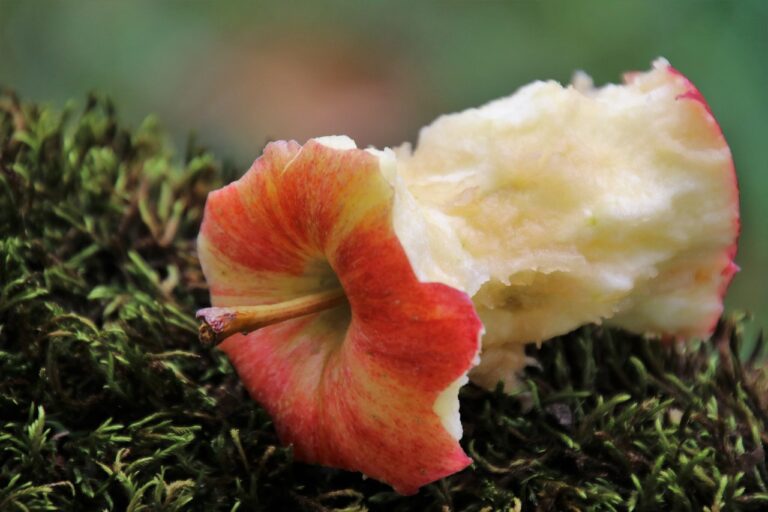Pathological Implications of Arctic Climate Change on Indigenous Peoples’ Health: Goldbet login, Tiger exchange login password, Betbook247 login
goldbet login, tiger exchange login password, betbook247 login: The Arctic climate change poses significant pathological implications on the health of indigenous peoples living in the region. This drastic shift in climate patterns has far-reaching consequences on the physical, mental, and emotional well-being of these communities. From the loss of traditional food sources to the increase in extreme weather events, the effects of climate change are exacerbating existing health challenges faced by indigenous populations.
Loss of Traditional Food Sources
One of the most pressing issues facing indigenous communities in the Arctic is the loss of traditional food sources. As temperatures rise and ice caps melt, the hunting and fishing grounds that have sustained these communities for generations are disappearing. This loss not only threatens the cultural identity of these peoples but also has serious implications for their nutritional health. Traditional foods like seals, whales, and fish are rich in essential nutrients like omega-3 fatty acids and vitamins A and D. The shift towards a more Westernized diet has been linked to higher rates of chronic diseases like diabetes and heart disease among indigenous populations.
Increased Exposure to Toxins
The melting of the permafrost in the Arctic is releasing a host of toxins into the environment. These toxins, like mercury and PCBs, accumulate in the food chain and are now being found in traditional foods consumed by indigenous communities. Prolonged exposure to these toxins has been linked to a range of health issues, including developmental delays, neurological disorders, and cancer. The impact of these toxins on indigenous peoples’ health cannot be overstated, as they rely heavily on traditional foods for sustenance.
Mental Health
The disruption of traditional ways of life due to Arctic climate change is also taking a toll on the mental health of indigenous peoples. The loss of land, culture, and community ties has led to increased rates of depression, anxiety, and substance abuse in these populations. The loss of traditional knowledge and practices, as well as the sense of displacement and uncertainty brought on by climate change, have contributed to a growing mental health crisis among indigenous peoples in the Arctic.
Infectious Diseases
The warming temperatures in the Arctic are also creating favorable conditions for the spread of infectious diseases. Diseases like Lyme disease and West Nile virus, which were once rare in the region, are now becoming more prevalent. The lack of proper healthcare infrastructure in many indigenous communities further exacerbates the risk of outbreaks. Additionally, the migration of disease-carrying vectors like ticks and mosquitoes to the Arctic puts indigenous populations at increased risk of contracting these illnesses.
Adaptation and Resilience
Despite the numerous challenges posed by Arctic climate change, indigenous communities in the region have shown remarkable resilience and adaptability. Many communities are actively working to develop sustainable solutions to safeguard their health and way of life. From revitalizing traditional knowledge and practices to implementing community-led climate adaptation strategies, indigenous peoples are leading the way in mitigating the impact of climate change on their health.
FAQs
Q: What are some ways indigenous communities are adapting to the effects of Arctic climate change?
A: Indigenous communities are implementing a variety of adaptation strategies, such as diversifying their food sources, developing climate-resilient infrastructure, and strengthening traditional knowledge and practices.
Q: How can policymakers and governments support indigenous populations in the face of climate change?
A: Policymakers and governments can support indigenous communities by recognizing their rights, providing resources for adaptation projects, and involving them in decision-making processes related to climate change mitigation and adaptation.
Q: What can individuals do to support indigenous peoples in the Arctic?
A: Individuals can support indigenous communities by raising awareness about their unique challenges, advocating for their rights, and supporting initiatives that promote sustainable development and conservation in the Arctic.
In conclusion, Arctic climate change poses significant challenges to the health and well-being of indigenous peoples in the region. From the loss of traditional food sources to the increased risk of infectious diseases, the implications of climate change on indigenous health are profound. It is imperative that we recognize the unique vulnerabilities faced by these communities and work together to support their resilience and adaptation in the face of a changing climate.







